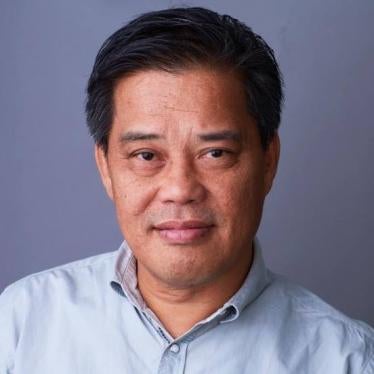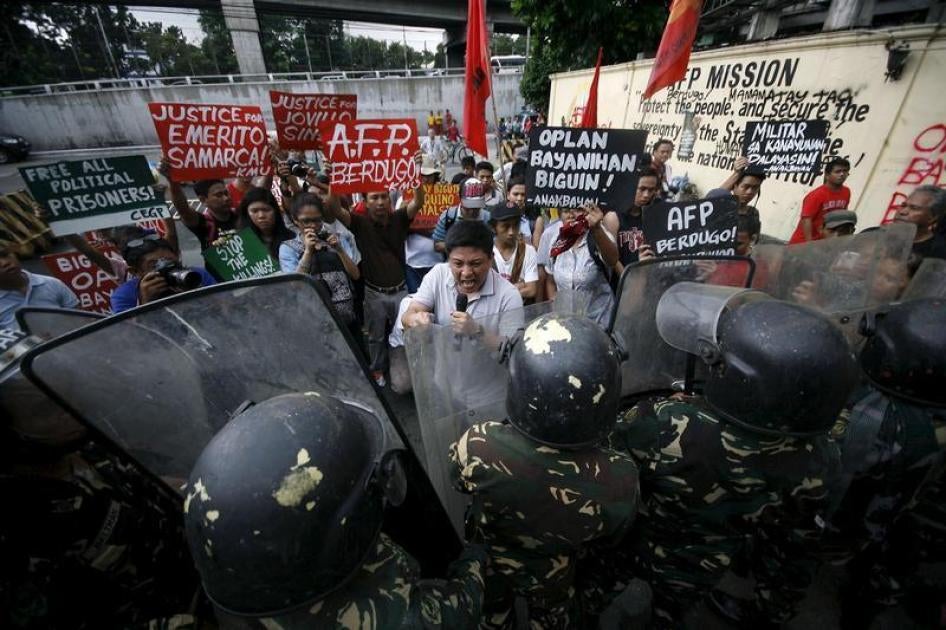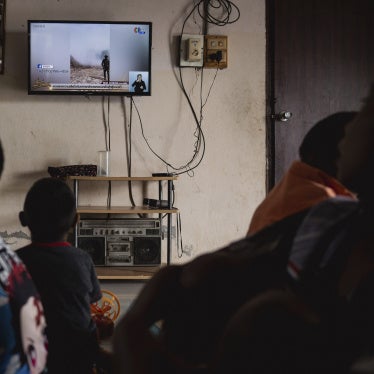It’s been a bloodbath for the Lumad, the collective name for the indigenous peoples of the southern Philippines island of Mindanao. On August 18, Philippine government soldiers allegedly killed five members of a Lumad family – including children ages 13 and 17 – in Bukidnon province. On September 1, suspected members of a government-backed paramilitary group killed the director of a tribal school in Surigao del Sur province, along with two others. Since May, hundreds of Lumads have taken refuge in an evacuation camp in Davao City after government forces overran their communities as part of an ongoing offensive against the communist New People’s Army insurgency.
The Armed Forces of the Philippines (AFP) has denied involvement in the Surigao killings and alleged that the five killed in Bukidnon were New People’s Army guerrillas, which the rebels disputed. President Benigno Aquino III said on Tuesday that “there is no campaign to kill anybody in this country,” in response to a question about the recent Lumad killings, but announced neither measures to protect them nor investigations into these most recent incidents.
But if Aquino’s response was disappointingly predictable, the public reaction has been anything but. Many Filipinos reacted with visceral anger, venting their frustration on social media at what they perceived as a fundamental government failure to protect one of the country’s most vulnerable communities. The hashtags #StopKillingLumads and #StopLumadKillings are trending on Twitter, one of the rare instances in which a human rights issue has captivated the country’s social media. Legislators have tapped those public sentiments by filing resolutions calling for congressional investigations.
Mindanao has long been a hotbed of the Communist insurgency, fueled mainly by widespread poverty, military abuses, and the displacement of tribal communities by mining companies, plantations and other large business operations. Many of these businesses use the military and authorized paramilitaries to encroach upon the Lumads’ ancestral domains. The recent incidents were just the latest in decades of conflict in the southern tribal areas.
The Aquino administration has a responsibility to hold accountable whoever might be responsible for these and other abuses in Mindanao. The government needs to make clear that the military, paramilitaries, and the companies that underwrite the projects linked to these human rights violations will no longer enjoy impunity. News coverage, social media outrage, and congressional investigations won’t change anything unless the government stops turning a blind eye to the sufferings of the Lumads and starts prosecuting their abusers.










